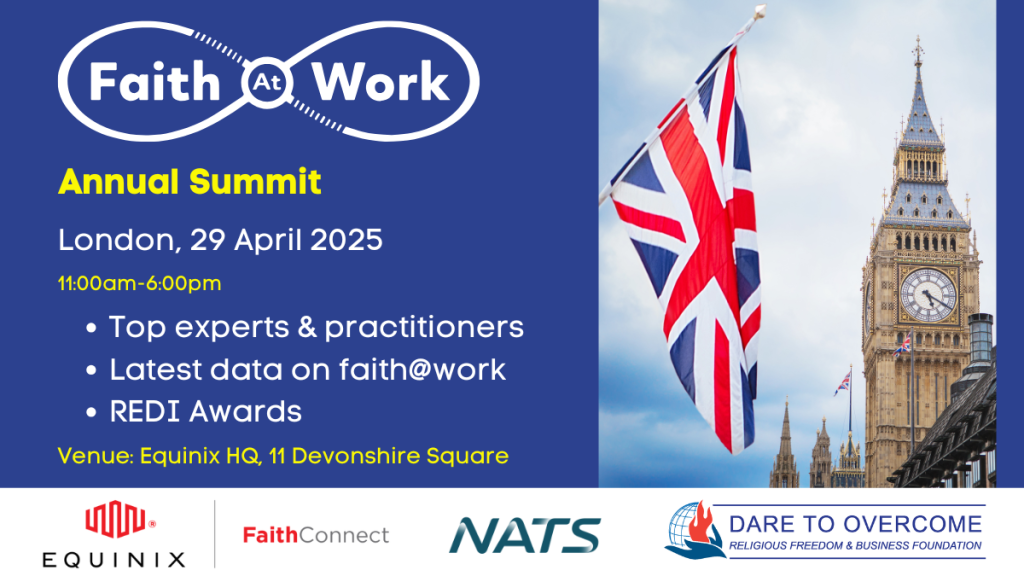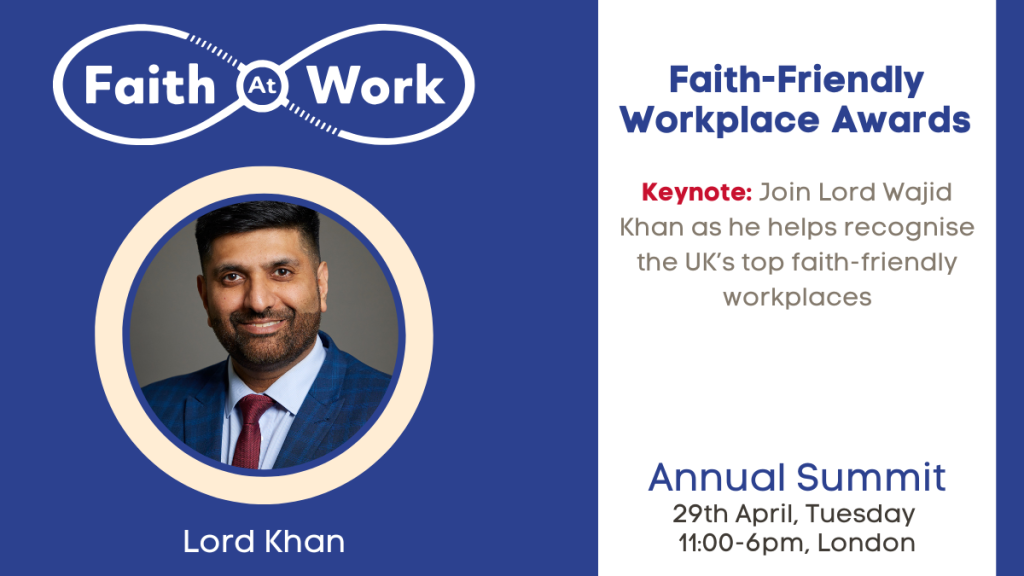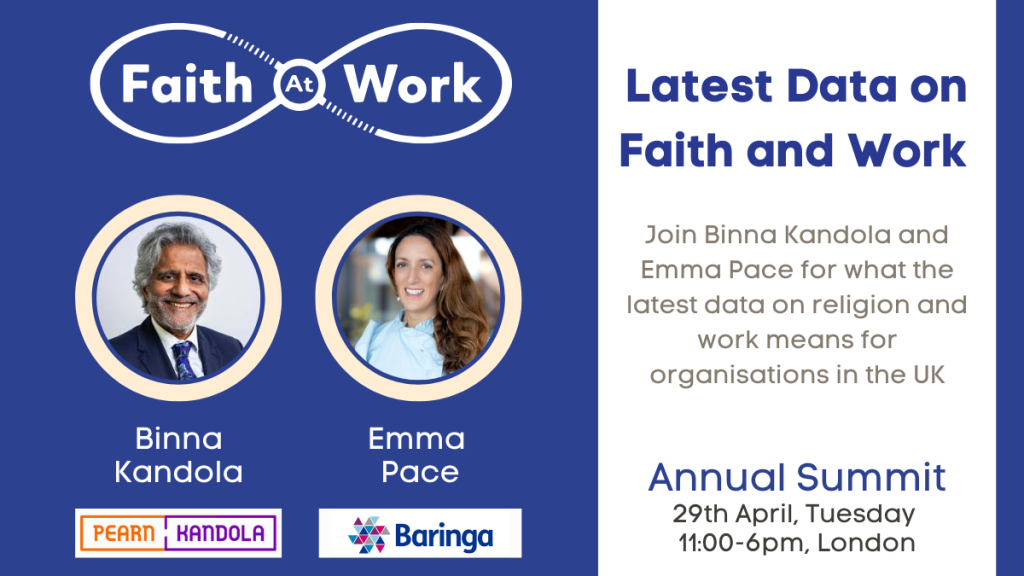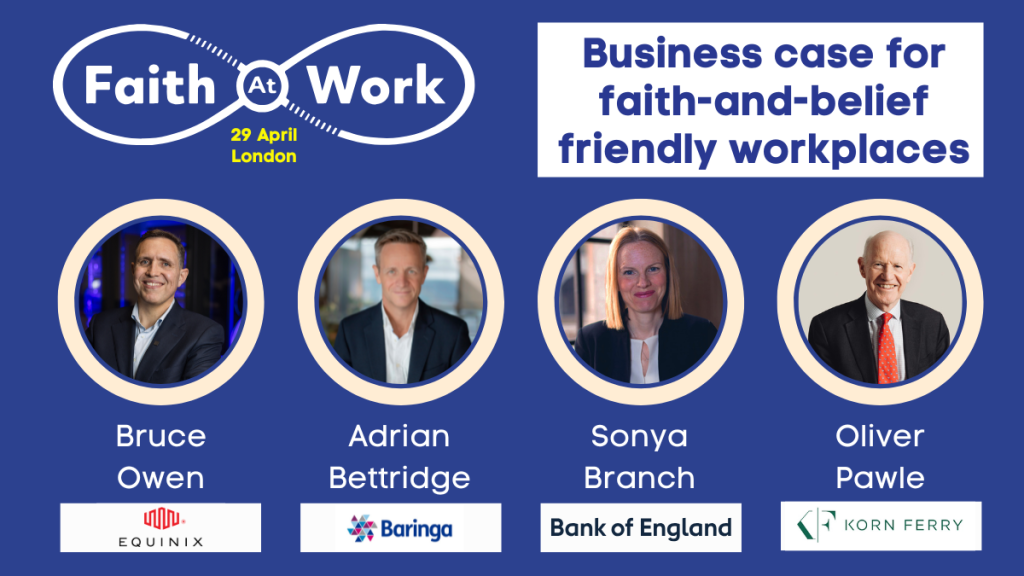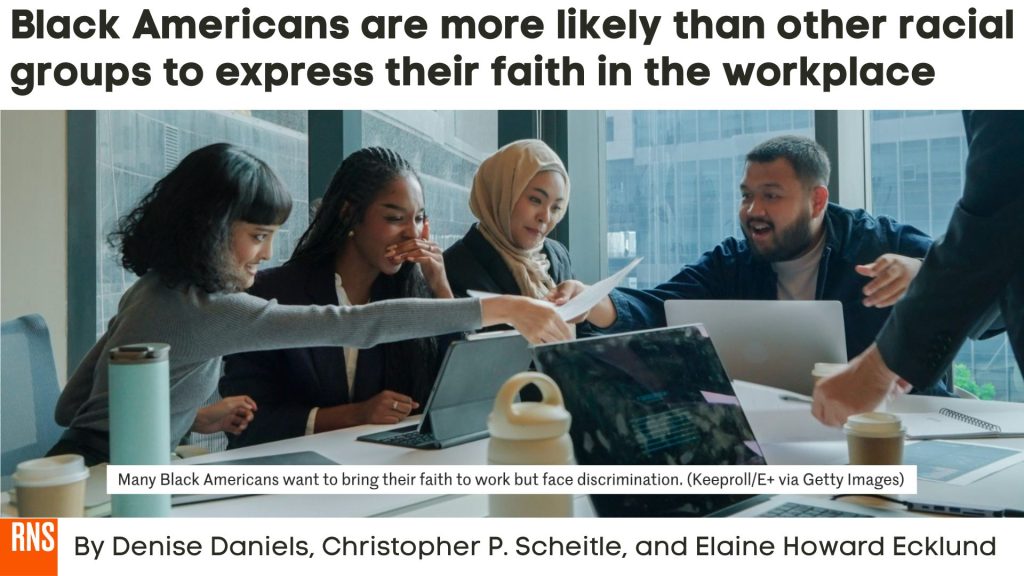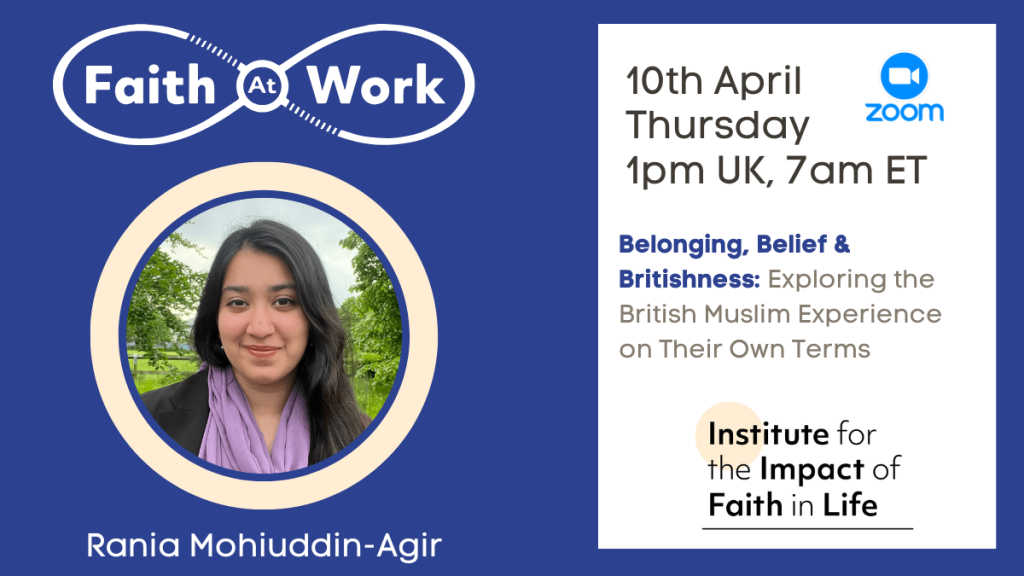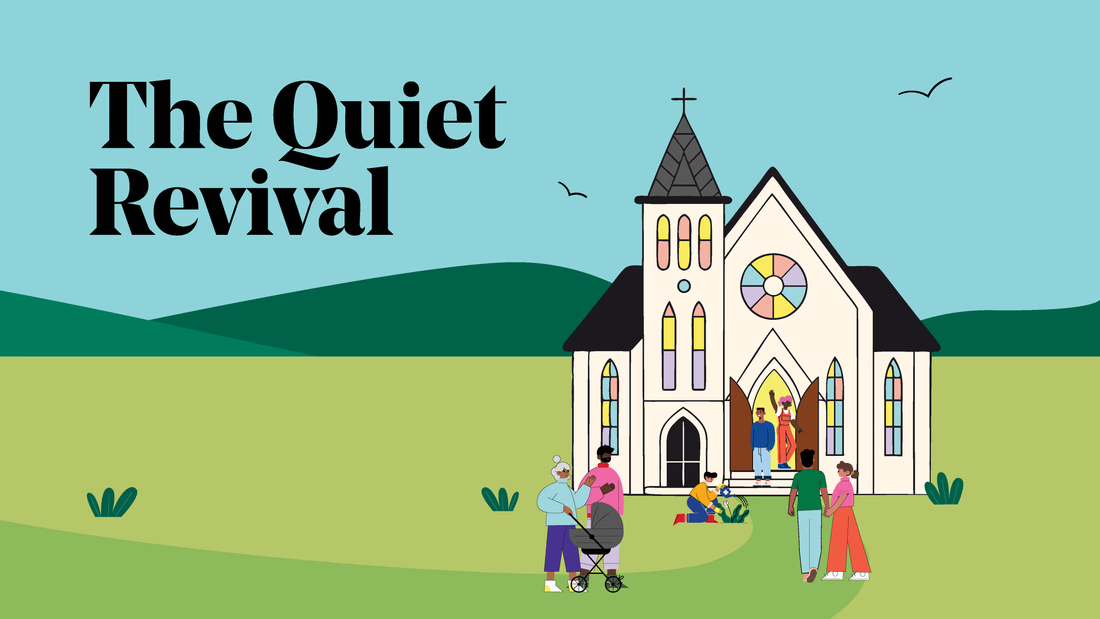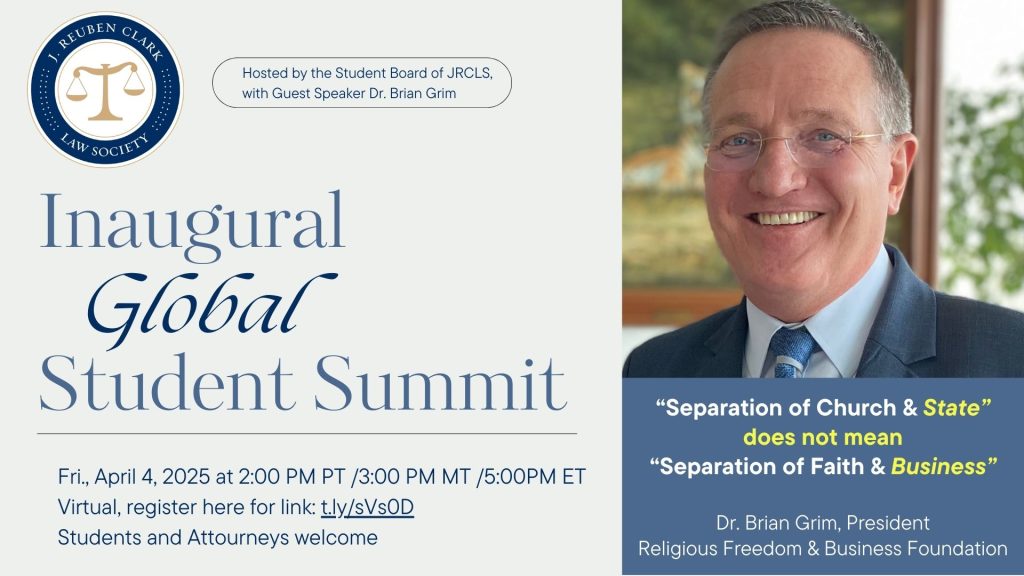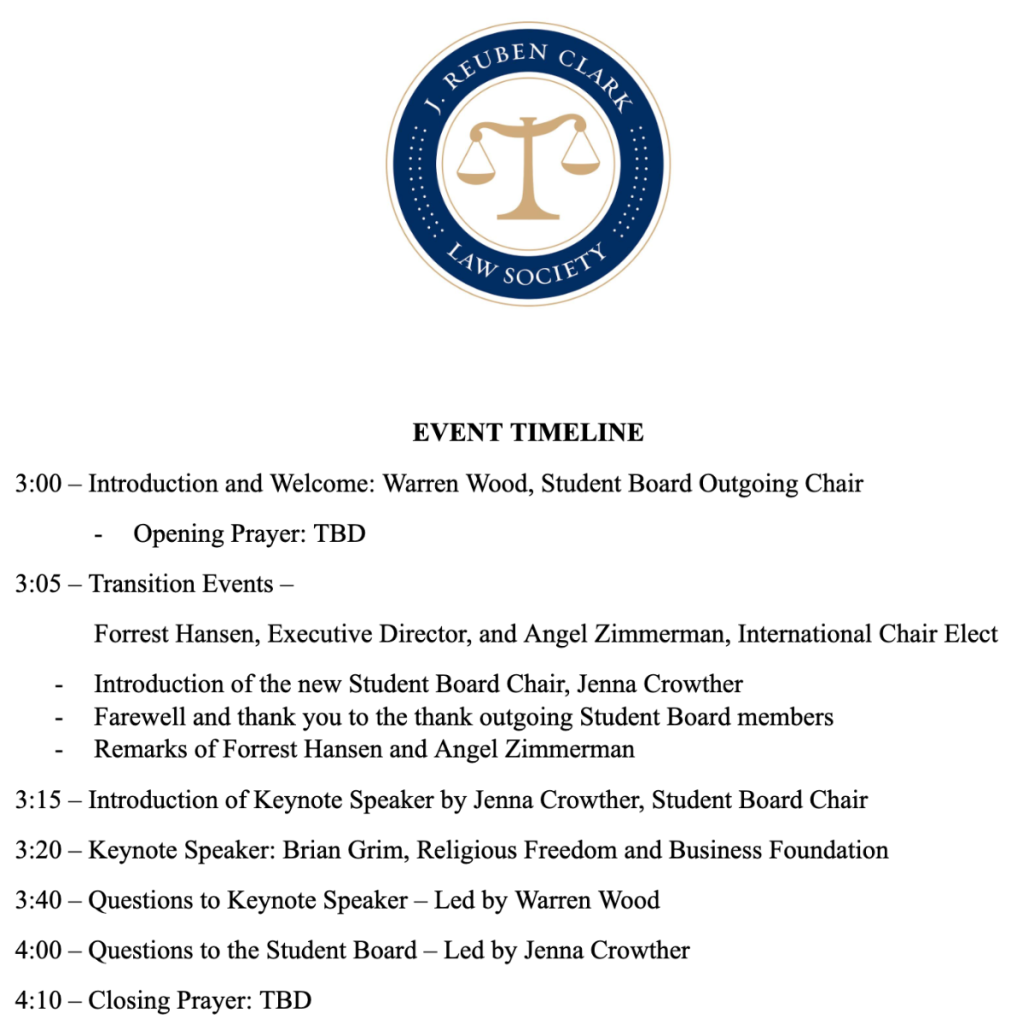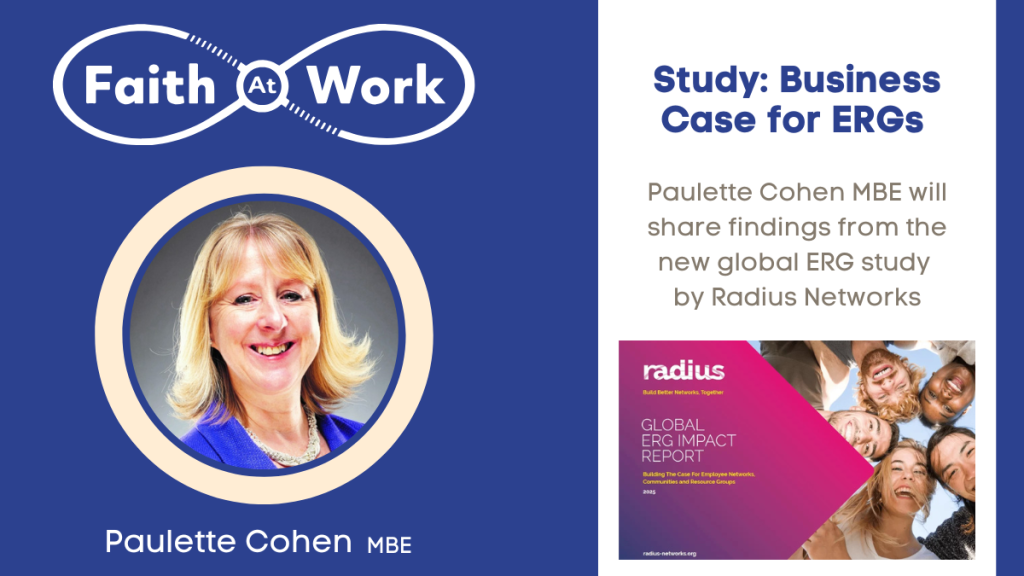
Paulette Cohen MBE is a senior consultant for Radius Networks with decades of corporate experience. She will build the business case for Employee Resource Groups (ERGs) by bringing together case studies, statistics and insights from the 2025 Radius Global ERG Impact Report.
The report builds a compelling business case for employee resource groups. Featuring some of the world’s biggest brands, this landmark report evidences the trailblazing achievements of employee networks at companies such as EY, Google, HSBC, Tesco, BBC and Ericsson. It shines a light on the vital role ERGs play in future proofing organisations, driving EDI strategy, developing talent and building belonging.
Paulette Cohen has over 30 years’ experience working in leadership roles in the private and not-for-profit sectors. She has been an active member on multiple Boards and led teams, large and small, global and regional, including at Barclays.
To join us in person on 29 April, register here.

